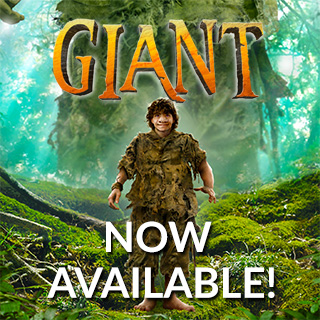A Good Talk with the Land

The following is a piece I wrote for NPR’s Living on Earth in January 2000.
Once, when I was small, my dad led me down to the tumbling stream that flowed through our Colorado ranch. We sat on the roots of an old ponderosa pine, listening to the rushing water for several minutes before he spoke.
“Hear the water?” he asked. “Hear its voice?” Seeing my nod, he continued: “Well, if you sit here long enough, and listen well enough, you’ll hear it hasn’t just one voice, but many — like an orchestra.”
Despite my doubts, I turned back to the stream. For several minutes I listened, but heard nothing new. Then, very slowly, I began to detect different sounds. High ones, like piccolos piping; low ones, like bass drums pounding. I heard gurgles, splashes, rumbles, whistles, slaps, and more. And then I heard my own voice, laughing heartily.
“There’s nothing,” my dad observed, “like having a good talk with the land.”
It took me another twenty years before I realized he didn’t just mean appreciating the sounds of nature. He meant truly connecting with the land, learning some of its many mysterious languages, some of which are heard not with our ears — but with our very bones. For through that process, landscapes — especially wild landscapes — can truly speak to our souls.
When the time came for my dad to die, I thought I was prepared. After watching that once-vigorous man struggle through several years of cancer, I had already done most of my grieving. Or so I thought. When the day actually arrived, I felt stricken. Lost.
As I came home, our last moments together so fresh that I could still feel the warmth of his hand inside my own, I said nothing. My wife and our three young children were waiting for me, knowing without words that he had finally died. Stiffly, we sat down at the supper table and passed around a bowl of cold spaghetti.
At last, my five-year-old daughter broke the silence. “Daddy,” she asked, “do you want to hear something?”
Numbly, I nodded.
“I want to tell you my favorite thing that I ever did with Grandpa.”
I winced, but nodded again.
“He took me down to the stream,” she explained. “We sat for awhile by the water, then he showed me something special.”
Without knowing why, I started listening more closely.
“He showed me,” she continued, “that the stream has lots of voices. As many as an orchestra. And then he said if you listen to those voices, listen your very best, the stream will tell you all the places it has ever been. And all the places it might someday go.”
All the places it might someday go.
In that instant, I realized how much that place, and that shared memory, meant to me. And how a particular piece of land — whether it be a forested stream, a slot canyon, a stretch of open prairie, or a tranquil lagoon — can help us understand where in life we really are. Or where, indeed, we might someday go.
For ages and ages — hundreds of generations — humanity saw itself as truly connected to the land. Wild animals were our familiars, as were the winds, storms, rocks, and rivers — all those things some people now call “inanimate” (which, from the Latin root of anima, means calling those beings “devoid of soul”). But for the greater part of human existence, the land held soul aplenty. It was our wellspring, our watershed, and our womb.
As we have lost our bonds to the land — insulating ourselves with pavement, cellular phones, electronic imaging and all-terrain vehicles — we have also lost the basic humility those bonds fostered. And the ability to see ourselves in context: part of the wide universe, a connection by which we are both dwarfed and exalted. We are important because of our unique individual gifts, yes — but even more so because of our oneness with things much greater than ourselves.
So let us come home. Our goal should be, as Aldo Leopold wrote in A Sand County Almanac, to enlarge “the boundaries of community to include soils, waters, plants, and animals” in addition to ourselves. The more we reconnect with the land, the more we gain in health, wisdom, and glory of the spirit. This is especially true of the places where wilderness abounds, where the natural tapestry remains most true — the places still wild enough to stretch our bodies, awe our minds, and inspire our dreams.
Among the many gifts of the land, one of my favorites is just plain silence. To sit upon a stone, weathered by ages and ages of geologic time, and hear nothing but the occasional stirrings of the wind or wings on high — now that is a blessing. A moment to remember. Or, as my dad would say, a mighty good talk with the land.

